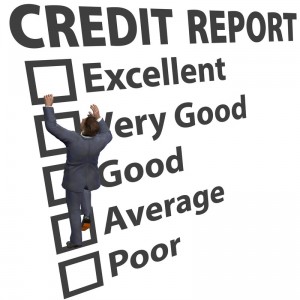How To Build Credit In a New Business

For small business owners, who are trying hard to maintain a suitable funding base, it is important that they do the best with what they have in order to compete with other businesses and get credit whenever they require. The creditor will evaluate you as he determines other, more established businesses but given your limited footing in the market, he is inclined to neglect your demands if you have a bad credit history, albeit on a smaller scale.
In the United States, there are three major credit bureaus that will constantly monitor your credit line and then give you ratings, based on your performances. However, all work in different way. Experian will monitor a combination of your business and personal credit; with scores ranging from 1 to 100 – the higher you go the best. Dun &Bradstreet will give you business credit scorings from 101 to 670, whereas Equifax will provide you with a range between 101 and 992.
Most banks and reputable financial institutions will always be reluctant to lend you money, therefore it is important for you to prove yourself first. However, the reality of the situation is how do you get the money at the first place.
Instructions
-
1
You will first need to understand your own business. Entering the business world as a sole proprietor gives you no creditability as you will only be entitled to a personal loan. Therefore registering yourself as a business entity – most commonly refer to as corporation - is of utmost importance.
-
2
Obtain a Tax ID number. As all individuals will have a social security number, your Tax ID number will make you accountable in the world of business. Get listed with the above Business credit rating agencies. For Experian and Equifax, you use your Federal Identification number where as Dun & Bradstreet will need you to have a special D-U-N-S number. The process is easy and quick and you always have internet to complete the necessary applications.
-
3
Your next task will be to apply for a bank account. Having done that, you are eligible for a loan, but that is not easy considering that you have just started. Nonetheless, you will be able to make all business related transactions through this account.
-
4
Now build your credit history. Make sure to make payments on time and check if your lenders are reporting your good work to the rating agency. Initially, prefer leasing rather than loaning out. However, US government’s Small Business Administration hands out loans to small business, depending on your credit score. Therefore make sure to maintain a good credit history in the early phases which will help you in the long run.


